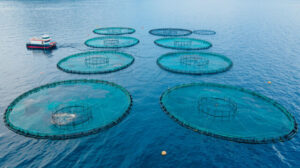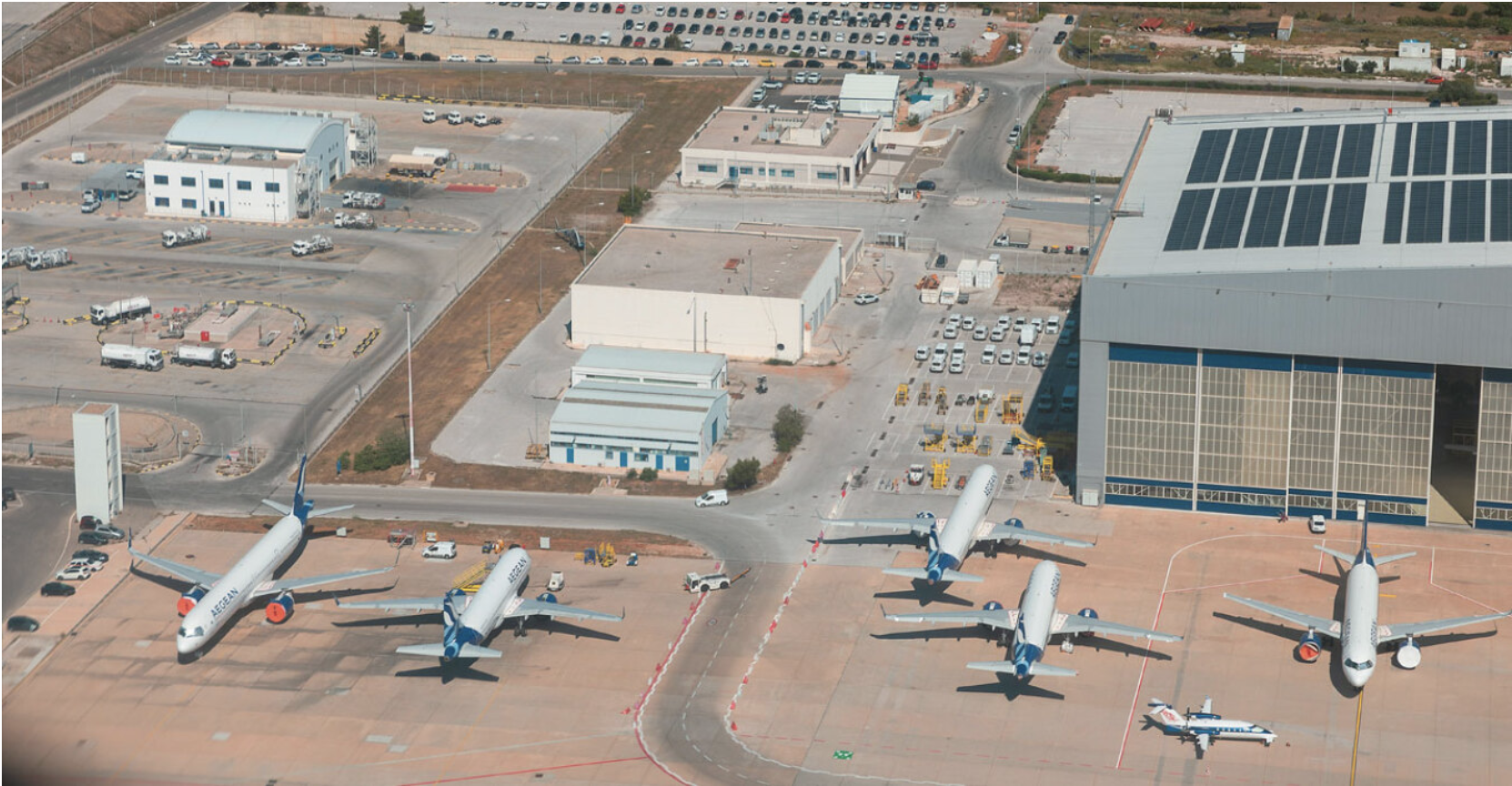Salmon escapes from fish farms are becoming a frequent phenomenon in various countries, including Norway, Chile, Iceland, the USA, and Canada.
Hundreds of thousands of fish have escaped from facilities in recent years, with estimates suggesting that millions of salmon have managed to slip away from farms in Chile alone.
The most recent incident involves the escape of 27,000 salmon from an aquaculture facility off the coast of Norway, with the company even offering a reward to fishermen who manage to catch the fugitives in their nets. All this comes amid growing concerns from environmentalists about the potential impact on the ecosystem.
According to Mowi, the world’s largest salmon producer, one-quarter of the 105,000 farmed salmon at the site escaped during a storm when part of the outer ring of the Storvika V facility in Troms, northwestern Norway, broke apart.
Company spokesperson Ola Helge Hjetland stated that they are working to repair the damage, but adverse weather conditions and strong winds are making the process difficult. Boats from the Coast Guard and the Norwegian Directorate of Fisheries have rushed to the scene, while estimates suggest that the average weight of the escaped salmon exceeds five kilograms.
Hjetland described the incident as “regrettable” and “rare,” explaining to the local newspaper VG that the severe weather caused part of the enclosure to sink below the water’s surface, allowing the fish to swim out of the net.
A Norwegian activist speaking to The Times called for an end to open-water fish farming, arguing that it contributes to the decline of wild salmon by spreading sea lice—parasitic crustaceans that feed on the blood and skin of fish.
Pål Mugaas, communications director for the organization Norwegian Salmon Rivers, expressed concerns that the expansion of open-water fish farms—such as those planned by a company in Scottish waters—could have serious consequences for marine habitats and further expose wild salmon to parasites.
Despite these concerns, Norway’s Minister of Climate and Environment, Andreas Bjelland Eriksen, made it clear that there are no plans to halt open-water aquaculture, even as the North Atlantic wild salmon population has reportedly declined by 70% in just 25 years, according to the Atlantic Salmon Trust (AST).
The causes of this decline include climate change, dams that block access to natural habitats, overfishing, and habitat degradation.
However, in an interview with The Guardian, the minister defended the industry, stating that it plays a crucial role in food production and economic development. Norway exports approximately 1.2 million tons of salmon annually. He added that future goals include sustainable production, stricter regulations, and better pollution control.
The incident has sparked backlash from members of parliament, who have criticized the company’s handling of the situation and described it as a crisis for the fishing industry, calling for an end to open-water farming.
Experts attribute these escapes to technical failures or operational issues with fish farm equipment, warning of serious long-term consequences. Among them are economic instability and reduced income for fishermen, potential genetic changes due to interbreeding between farmed and wild salmon—possibly leading to a decline in wild fish populations—the spread of diseases, habitat imbalances, and fish migrations as they attempt to evade the more aggressive farmed salmon, increasing overall mortality rates.
Ask me anything
Explore related questions





